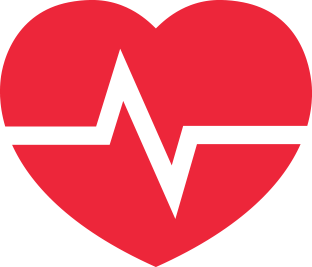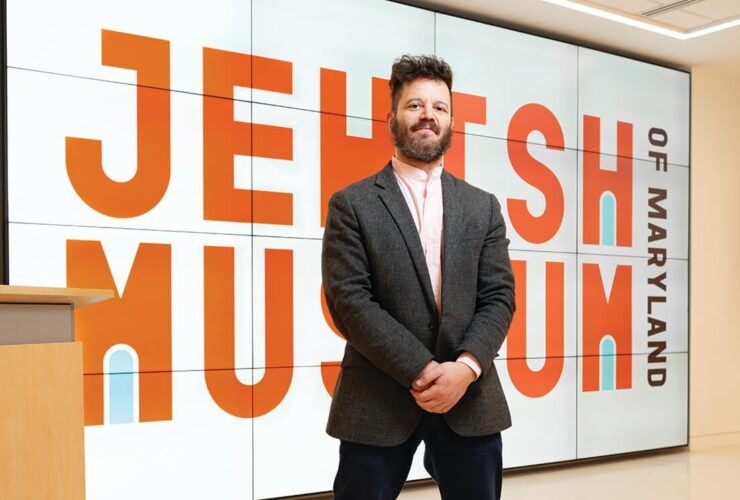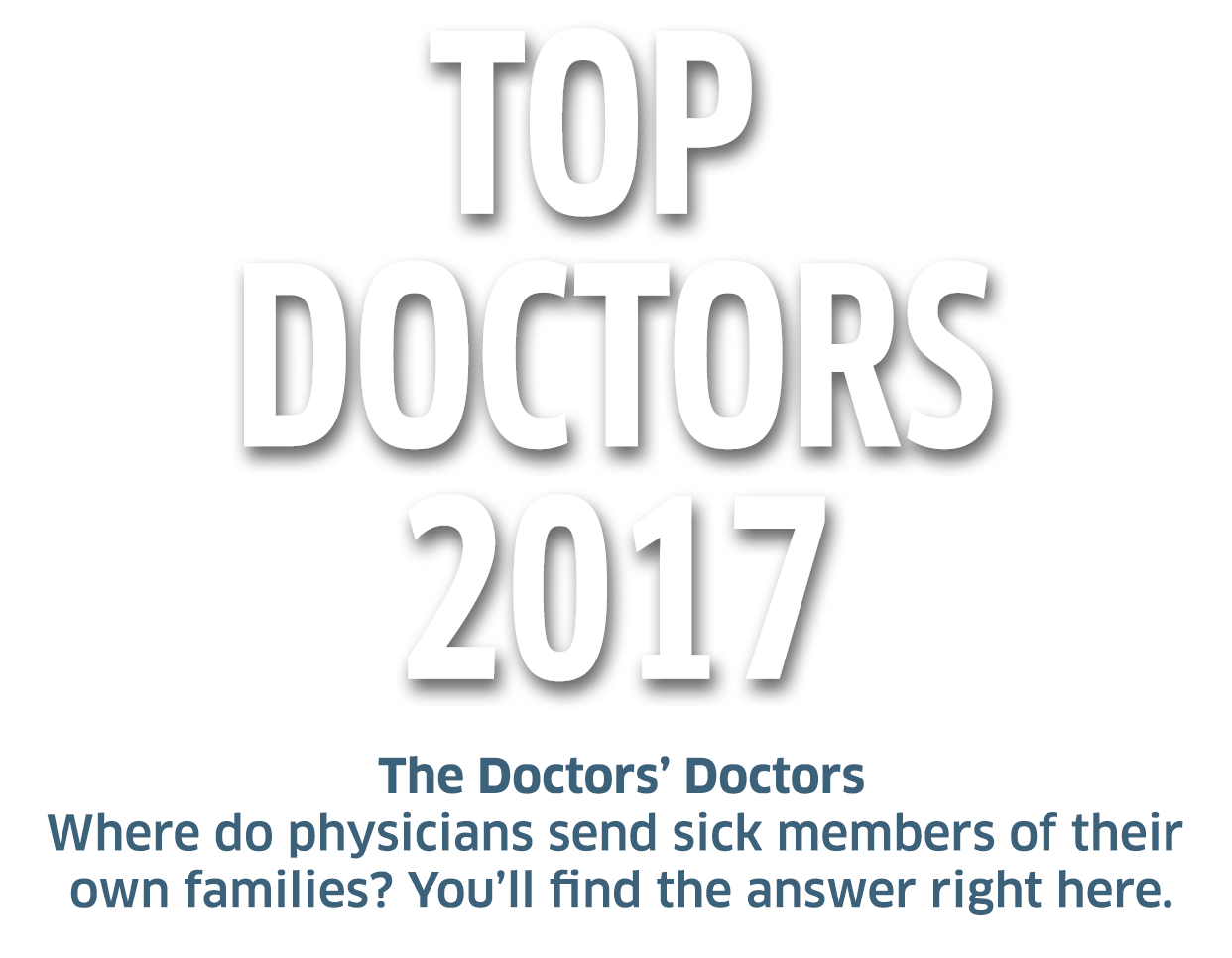
Health & Wellness
Top Doctors 2017
Where do physicians send sick members of their own families? You'll find the answer right here.
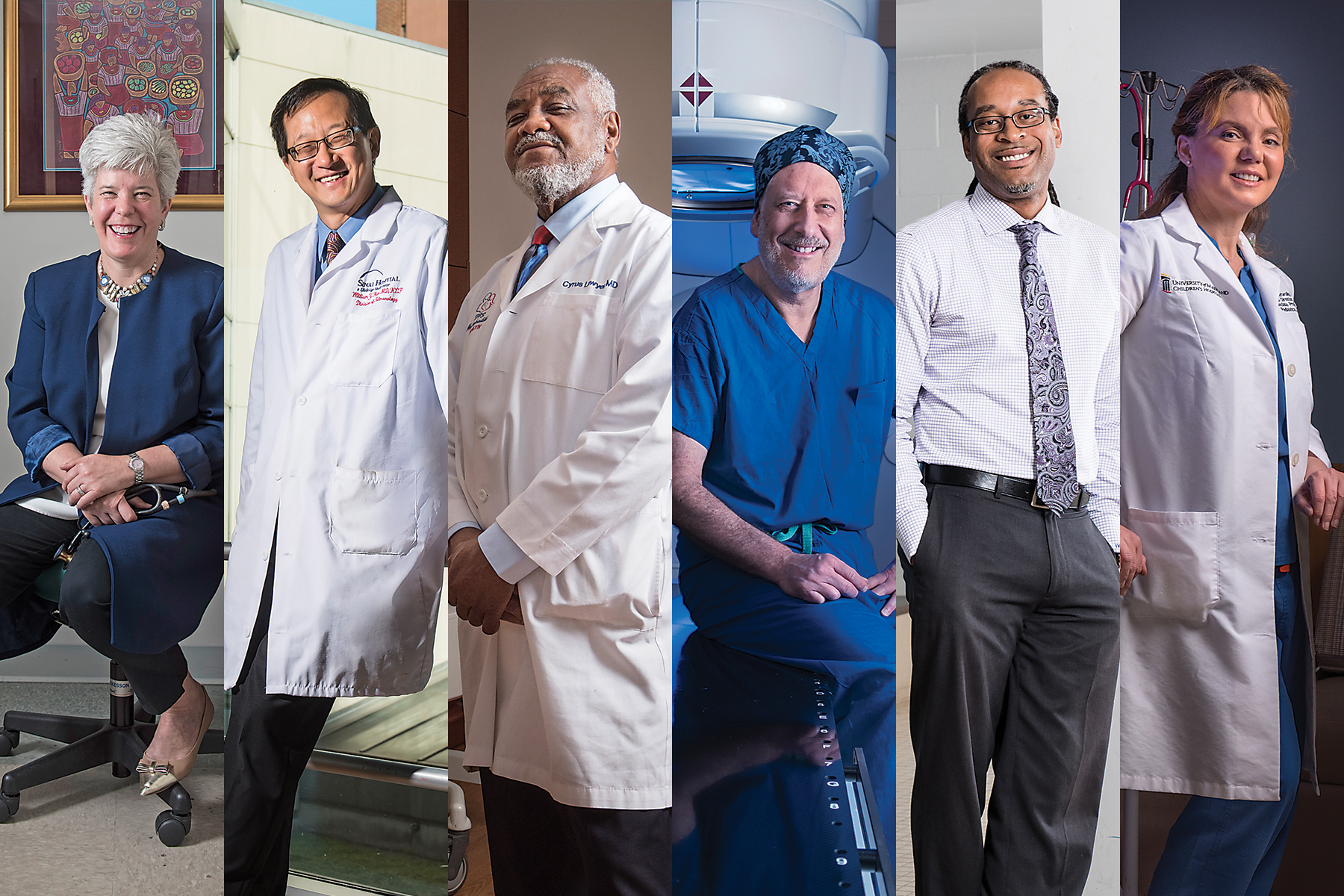
So what’s ailing you?

No matter what it is, from abdominal aortic aneurysms to zygote intrafallopian transfer, there’s a specialist on our Top Doctors list who’s regarded as preeminent in his or her field—not just by us, but by other doctors. That’s what makes this roster—derived from a nine-month-long peer survey—the most dependable, discriminating, and comprehensive such resource in the region.
And if you don’t think anyone understands your affliction, worry not. Thanks to continuous input from the region’s M.D.s—especially those at our two world-renowned teaching hospitals—we add new specialties to the survey every year as technological and medical advances lead to their creation. (Need pediatric sports medicine or wound care? We’ve got you covered.)
We know that 710 docs sounds like a lot, but if you want to know just how discriminating this list is, check the math: Our peer-chosen winners represent fewer than 5 percent of the roughly 13,000 physicians licensed to practice in Baltimore’s readership area.
Our Advisers
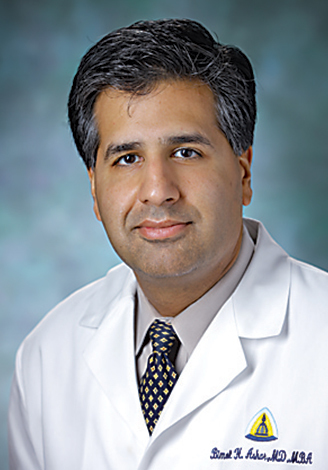
Dr. Bimal Ashar
Ashar is an associate professor of medicine at The Johns Hopkins University School of Medicine. He serves as the clinical director for the Division of General Internal Medicine, as well as director of the Executive & Preventive Health Program. Ashar’s primary research interests include preventive medicine, dietary supplements, and medical education.
He is also editor of The Johns Hopkins Internal Medicine Board Review, which is in its sixth edition. He is an active member of the Society of General Internal Medicine and is a fellow of the American College of Physicians.
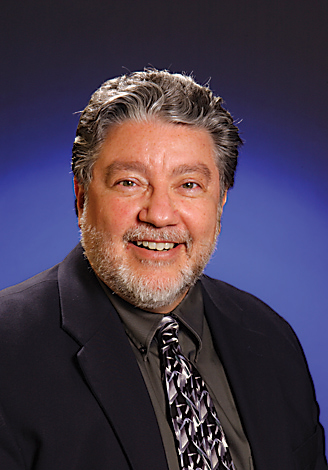
Dr. Stuart B. Bell
Bell, a perennial Top Doctor when he was in private practice, has served as MedStar Union Memorial Hospital’s vice president of medical affairs since 2003, and before that as the hospital’s chief of staff. Previously, Bell was the director of employee health service for the Children’s Hospital for Reconstructive Surgery, medical director for Brightwood Health Center, and a consultant for the Baltimore City Health Department and the Federal Bureau of Investigation. He has also held teaching roles at the University of Maryland School of Medicine, MedStar hospitals, and Greater Baltimore Medical Center. He is a fellow for the American College of Physicians and the American College of Physicians Executives.
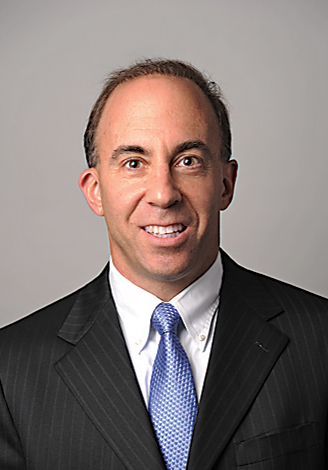
Dr. Michael R. Jablonover
Jablonover was appointed two years ago as senior vice president and chief medical officer of University of Maryland Medical Centers (UMMC), overseeing patient safety, health care quality improvement, clinical effectiveness, and the training of residents and fellows. Previously, he served as chief executive officer of the University of Maryland Rehabilitation & Orthopaedic Institute. Jablonover is also a clinical assistant professor at the University of Maryland School of Medicine. He previously served as an assistant professor in the Department of Medicine from 1994 to 2005 and was involved in UMMC’s residency training programs, hospitalist program, and medical student-education programs. He is board-certified in internal medicine and is a fellow of the American College of Physicians.
Methodology
To arrive at our results, we polled thousands of physicians in the region through our annual online survey—now in its 31st year—asking them which doctors are the best of the best in more than 100 specialties. Participation is always good, and this year was no exception, with close to 20,000 physician names submitted in 124 specialties. (We ruled results as inconclusive in four of those.) Only those M.D.s with the highest number of peer recommendations make the list. (There are a handful of non-M.D. specialties, such as podiatry, as well.)
Assisting with the survey were our three physician advisers (see related biographies above), whose professional expertise and inside intel on the physician community was invaluable. Advisers are not eligible to be included on the list themselves in the year they serve.
The list of specialties is broken down into five categories: general medical, women’s health, pediatric, surgical, and elective.
Margot E. Watson
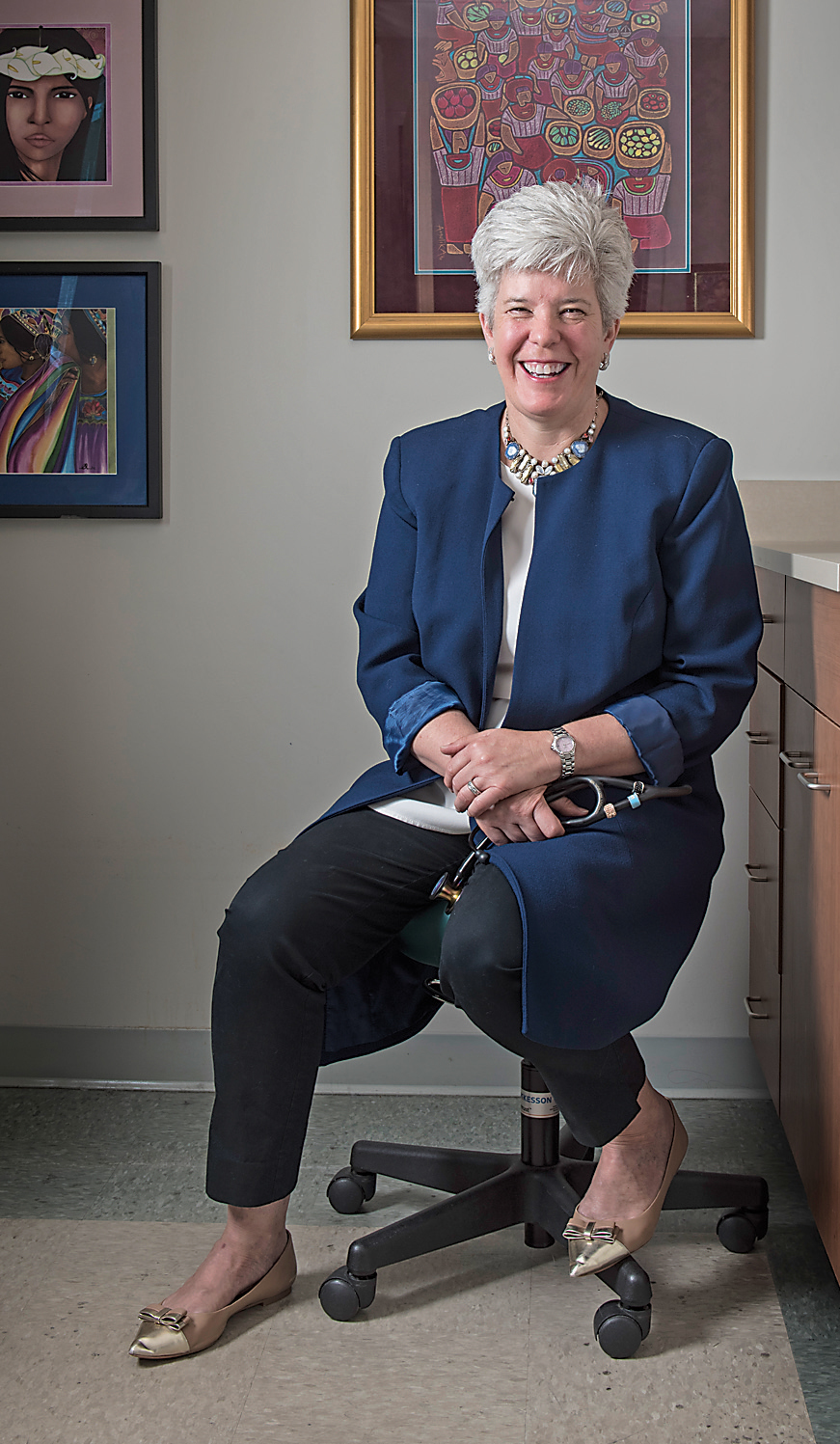
Hospital affiliation: Howard County General Hospital, a member of Johns Hopkins Medicine. Specialty: Gynecology.
Why did you pick this specialty? I love taking care of women throughout all the stages of their lives, with medical care and with surgery when indicated. Of course, there is no more intense and meaningful experience for a doctor than helping a woman through childbirth.
What type of patient case is most gratifying? The most common surgery I do is a laparoscopic hysterectomy, most often for heavy bleeding. When more conservative treatment fails, such terrible bleeding is curable with a surgery that gives women their lives back very quickly.
If you could change one thing in health care, what would it be? Everyone would have equal access to excellent, compassionate medical care, regardless of their race, ethnicity, sexual orientation, or financial status.
What hobbies or after-hours causes do you have? I am active in social justice issues: gay rights, civil rights, and women’s rights. I am an ordained elder in the Presbyterian Church USA and an active member of my church. I have four small rescue dogs and support animal rescue. I have been on numerous medical trips to help poor women in Pakistan, Nepal, Ecuador, the Dominican Republic, and Guatemala.
Any other aspect of your practice that you want people to know about? I welcome lesbian and transgender patients.
Robert K. Brookland
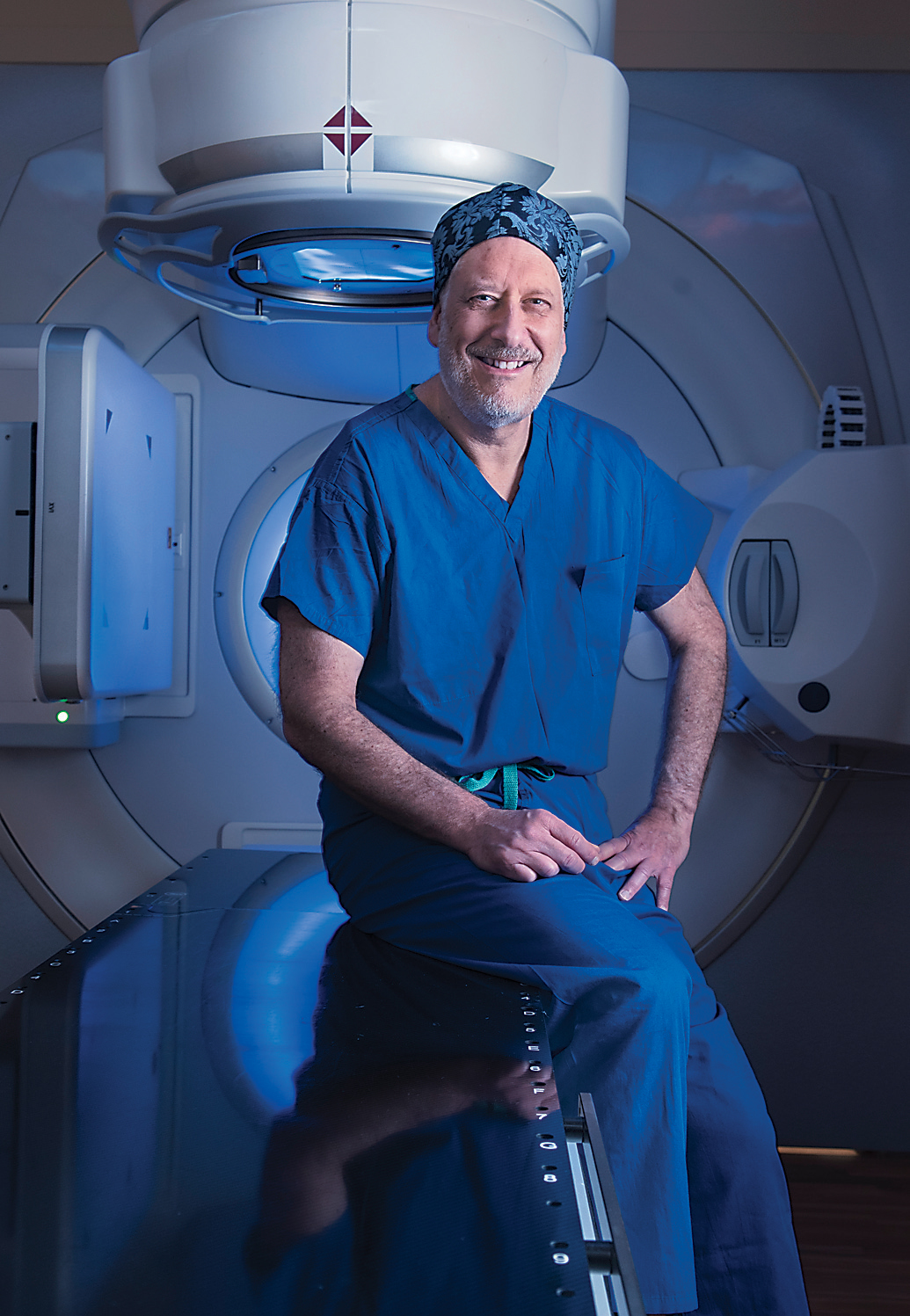
Hospital affiliation: Greater Baltimore Medical Center. Specialty: Radiation Oncology.
Tell us about your specialty. In radiation oncology, physicians combine their knowledge of medicine, radiation biology, and physics to treat predominantly—though not exclusively—cancer, using radiation in many forms.
Why did you pick this specialty? I wanted to have maximum impact. I can offer that with life-threatening disease and life-saving treatments. And for those suffering, I can provide relief.
Can you recall a particularly gratifying or challenging patient case? One was a single mom who had to bring her children with her to all of her treatments, and our staff would watch the kids while she was in the treatment room each day. I got to see those kids get older when she would return each year for her routine check-up, now cured of cancer!
If you could change one thing in health care, what would it be? I would like to see all Americans, when born, be issued three documents: a birth certificate, Social Security card, and a health card guaranting affordable health care.
What would you have been if not a doctor? When growing up, I loved watching Perry Mason and thought being a defense attorney would be fun.
What hobbies/after-hours causes do you have? I am involved with breast- and cervical-cancer programs for the underinsured. Nationally, I’m vice chair of the American Joint Committee on Cancer and the Executive Committee of the Commission on Cancer.
Cyrus J. Lawyer, III
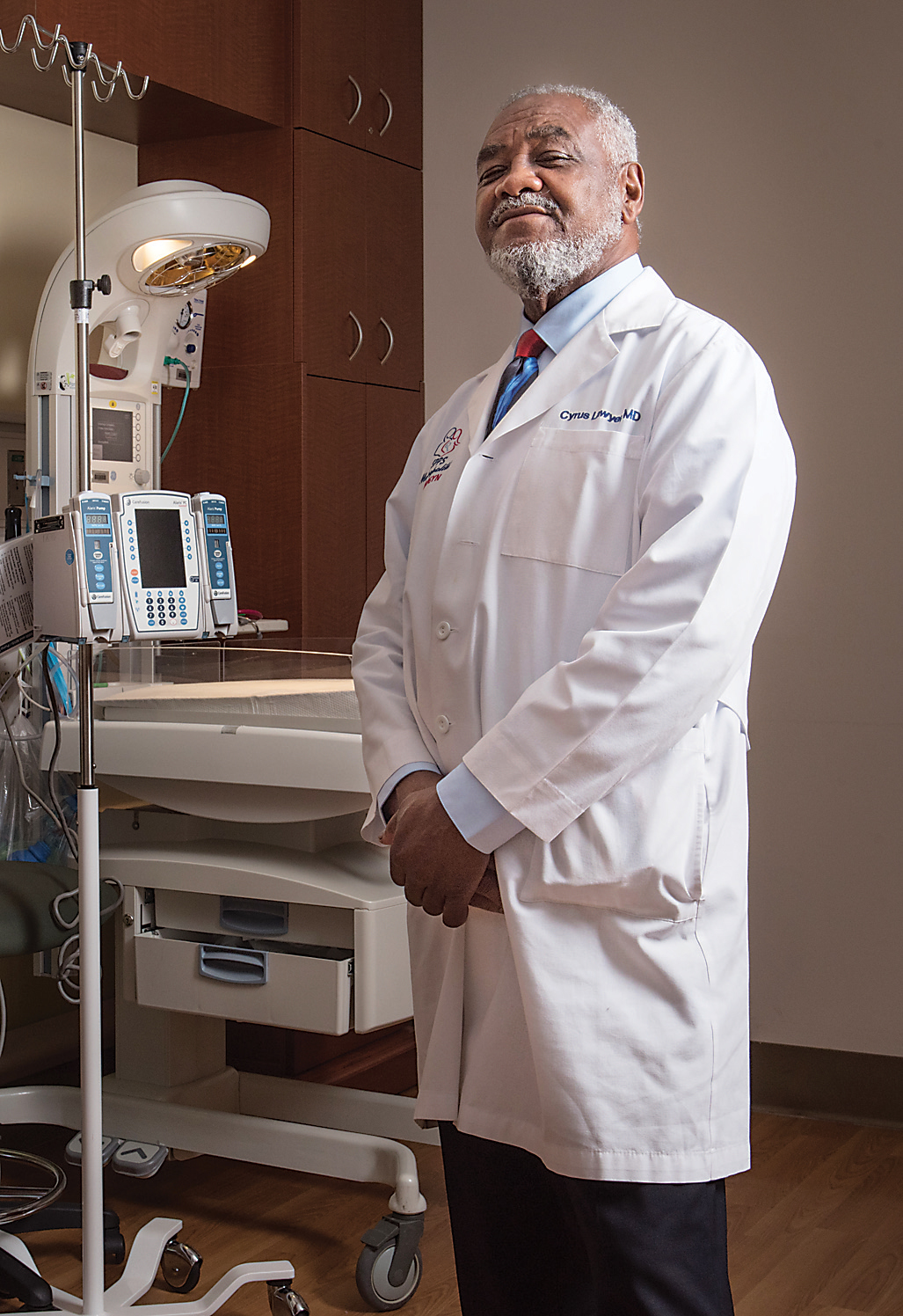
Hospital affiliation: Mercy Medical Center. Specialty: Obstetrics and Gynecology.
Tell us about your specialty. It’s multi-faceted. There’s gynecology, which is primary care to improve women’s health; obstetrics, which is care during and after pregnancy; and there’s gynecological surgery, which is surgical management of the female reproductive system.
Your most challenging case? A patient went on vacation to the Caribbean at 18 weeks of pregnancy and started to have bleeding complications. She was told by physicians there that she was losing her pregnancy and should terminate. When she called, I advised her to return home immediately. When she returned, she was hospitalized with continued close prenatal management. She went to full term. The baby I delivered just graduated from college.
What the biggest challenge facing health care? There are a couple. We need to eliminate health-care disparities to ensure access to quality care across the socio-economic spectrum. And there’s malpractice litigation: The atmosphere is so litigious it’s driving physicians out of medicine and decreasing the number that choose ob/gyn. It’s becoming very difficult to employ ob/gyn physicians, certified nurse mid-wives, or nurse practitioners.
What are your hobbies or after-hour causes? Gardening (some call it farming because of the harvest). I grow vegetables and fruits. I have an open-door policy. Anyone can come and pick. The excess is donated to the Howard County Food Bank. Over the years, nearly 5,000 pounds have been donated.
Dina El-Metwally, MD, PhD
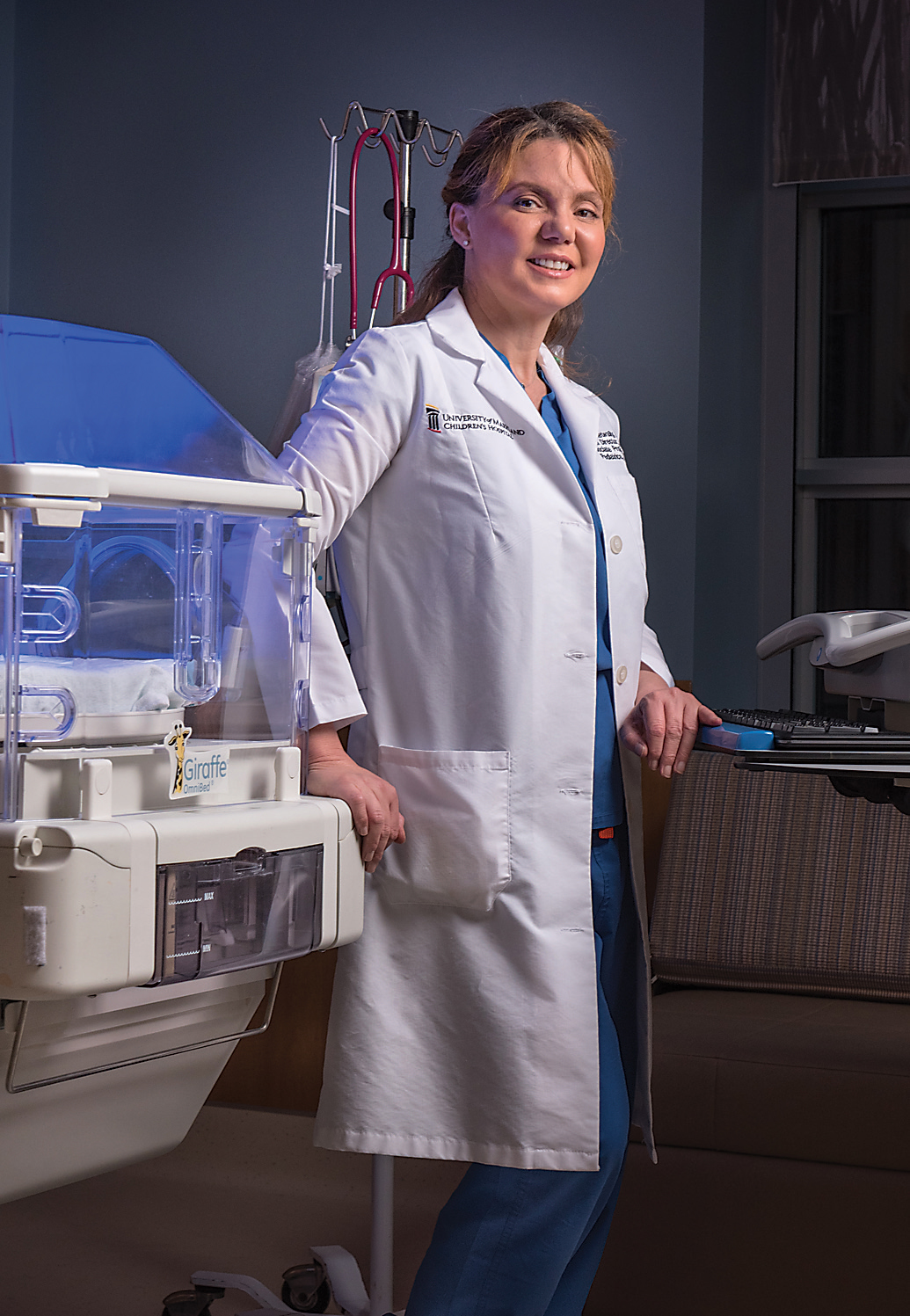
Hospital affiliation: University of Maryland Children’s Hospital; associate professor, Department of Pediatrics, University of Maryland School of Medicine. Specialty: Neonatologist, medical director of NICU.
Tell us about your specialty. I take care of critically sick babies. Babies are admitted to the NICU if they are pre-term—born well before their due date. The smallest baby I cared for was 290 grams (11 oz., or about 0.6 pounds). Others admitted could be very sick for various reasons: respiratory failure, congenital heart disease, abdominal obstruction, etc. I had the opportunity as medical director to lead the move to a single-family room, 52-bed NICU a few years ago. Now, every baby and family have their own private room, from admission to discharge.
Why did you pick this specialty? My father was a surgeon and my mother a pediatrician, so naturally I grew up in an environment of helping people to be healthy. I have always had passion for caring for children. Early in my medical training, I saw babies born prematurely struggling to breathe. I needed to do something to help those babies. So I became a neonatologist.
What’s the biggest challenge facing health care today? Newborn babies with neonatal abstinence syndrome (NAS) or “withdrawal babies.” They’re babies exposed to opioids in the womb and experience severe withdrawal, a growing problem paralleling the epidemic of opioid addiction. We’re doing trials for non-pharmacological interventions and research innovations to support NAS babies, and recruiting volunteers as “cuddlers” for our withdrawal babies when their parents can’t be there.
William Han
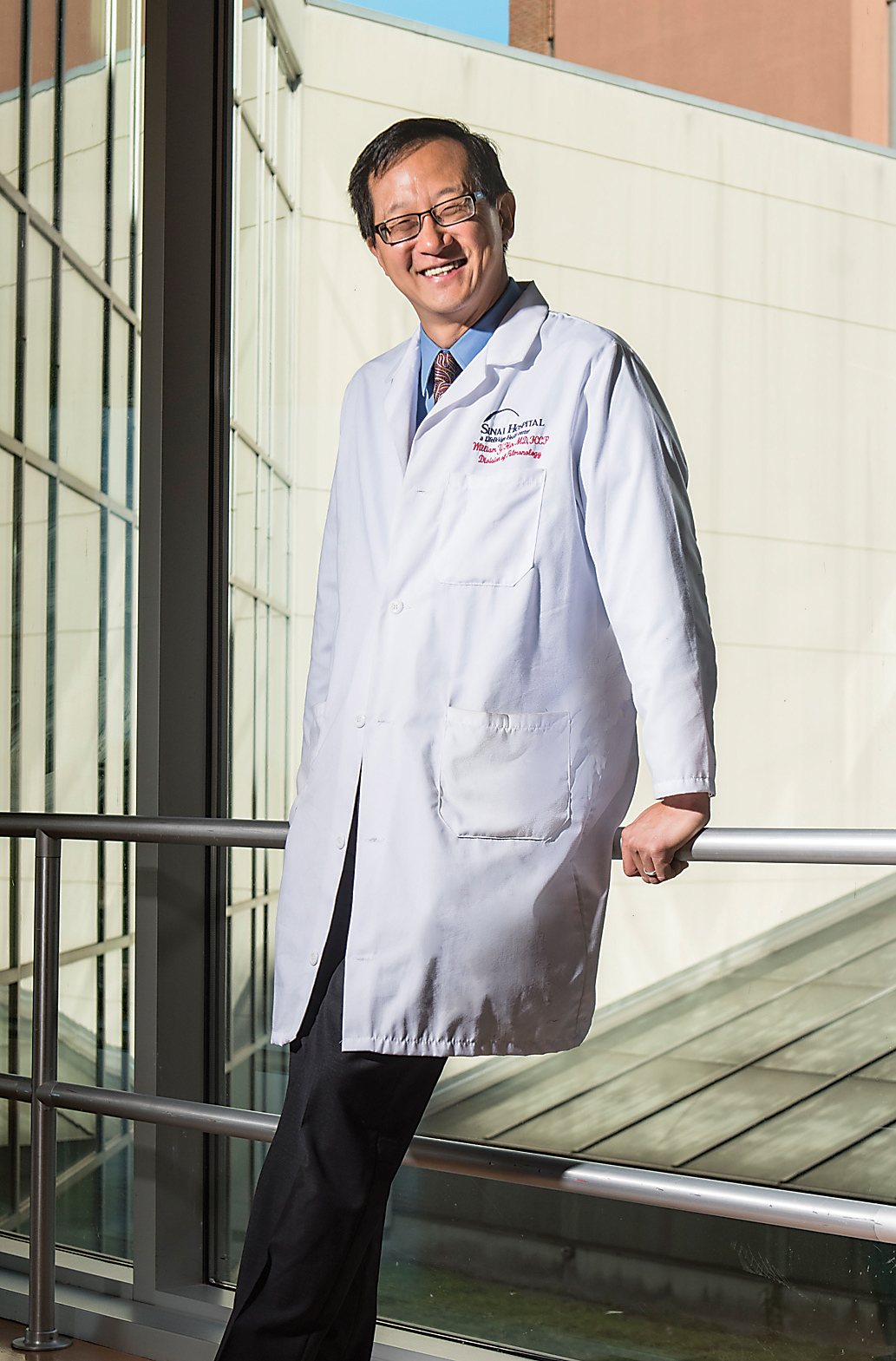
Hospital affiliation: Sinai Hospital of Baltimore. Specialty: Pulmonary/Critical-Care; Division Head of Pulmonary Medicine at Sinai Hospital.
Tell us about your specialty. I focus on illnesses such as chronic obstructive pulmonary disease and asthma, symptoms including cough and shortness of breath, as well as diagnosing lung cancer.
Can you recall a particularly gratifying case? Early in my career, a 17 year old developed fairly severe lung disease out of the blue. The curious aspect was that the patient had started an acne medication a year prior. I did some research that evening and found the medication could cause a rare lung syndrome. I was so happy to have found the cause that I called the family that night! The patient stopped the medication and did very well thereafter.
What hobbies/after-hours causes do you have? My family: My two kids know they can distract me at night and stay up an extra 10 minutes if they ask me to tell a “body” story about their favorite characters, such as Ms. Heart and Mr. Lung and what they did all day. When the weather is nice, my family likes to eat dinner on our Baltimore “stoop,” and the kids ride their scooters on the sidewalk, introducing themselves to all the dogs walking their owners.
What would you have been if not a doctor? Medicine is in my blood. My father is a retired vascular and general surgeon, the original “Dr. Han.” My mother is a pharmacist, and my brother is a hospitalist.
Frank P. Dawson IV, MD
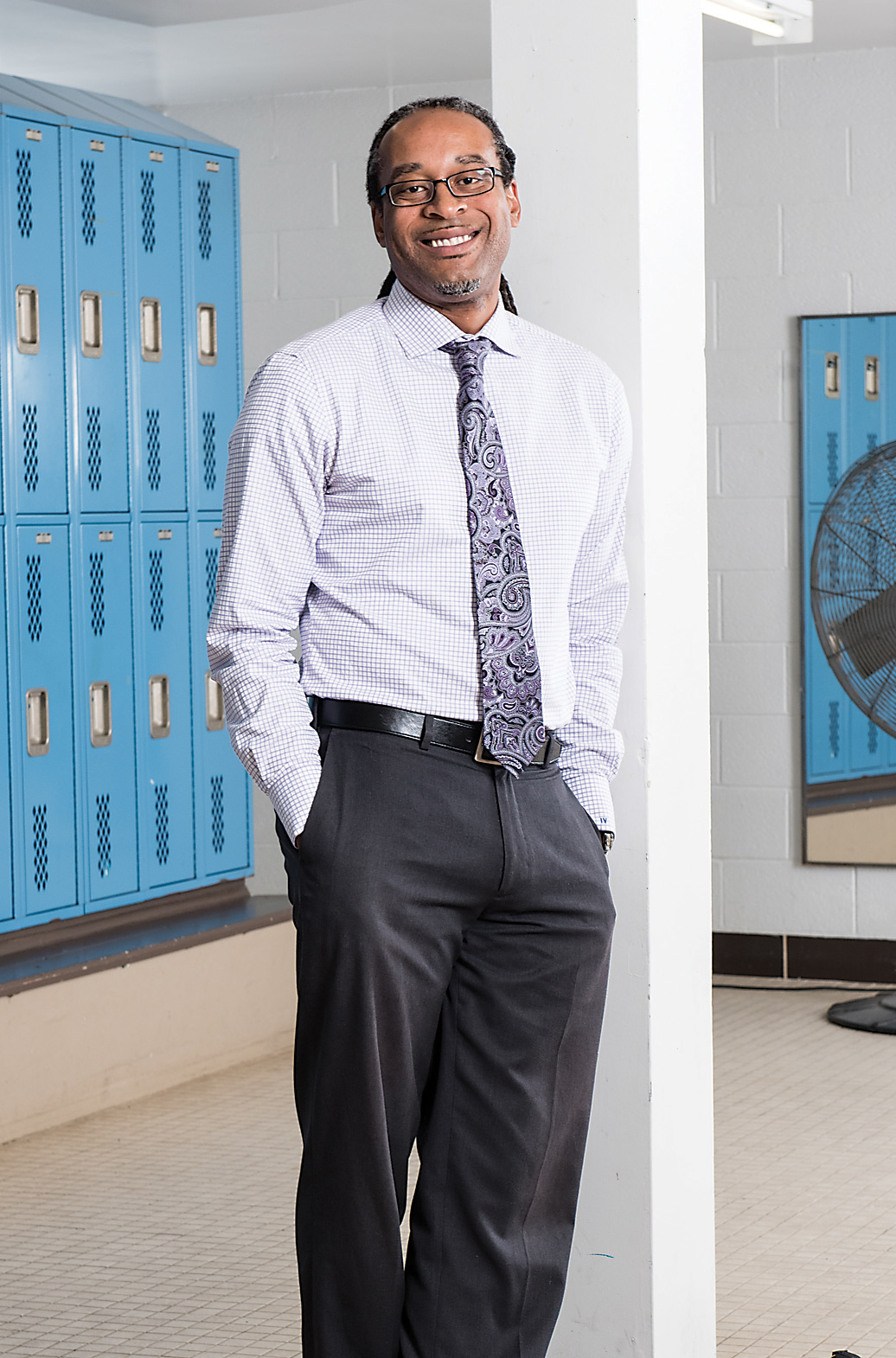
Hospital affiliation: MedStar Franklin Square Medical Center. Specialty: Sports Medicine/Pediatric Sports Medicine.
Tell us about your specialty. I provide non-operative treatment for patients who have injuries as a result of athletics and exercise. These injuries include concussions, sprains, fractures, and overuse injuries. I also provide onsite medical coverage for athletes at events such as NCAA and NFL football, as well as horse racing, including the Preakness.
Why did you pick this specialty? The patient population is extremely motivated: My patients want to return to their sports as soon as possible, so, typically, they are eager to follow advice.
What hobbies/after-hours causes do you have? I am a lifelong martial artist and currently train in Muay Thai kickboxing. I enjoy the intense fitness training involved, as well as the physical combat. The sport requires complete focus while participating, which makes it an excellent stress reliever.
What would you have been if not a doctor? My undergraduate degree was focused on marine biology and I have always enjoyed the life sciences, so my life easily could have followed that trajectory. But, sometimes, I also think I would enjoy being a chef or radio personality.
The proudest moment of your career? When I was selected to be one of the team physicians for the Baltimore Ravens.
